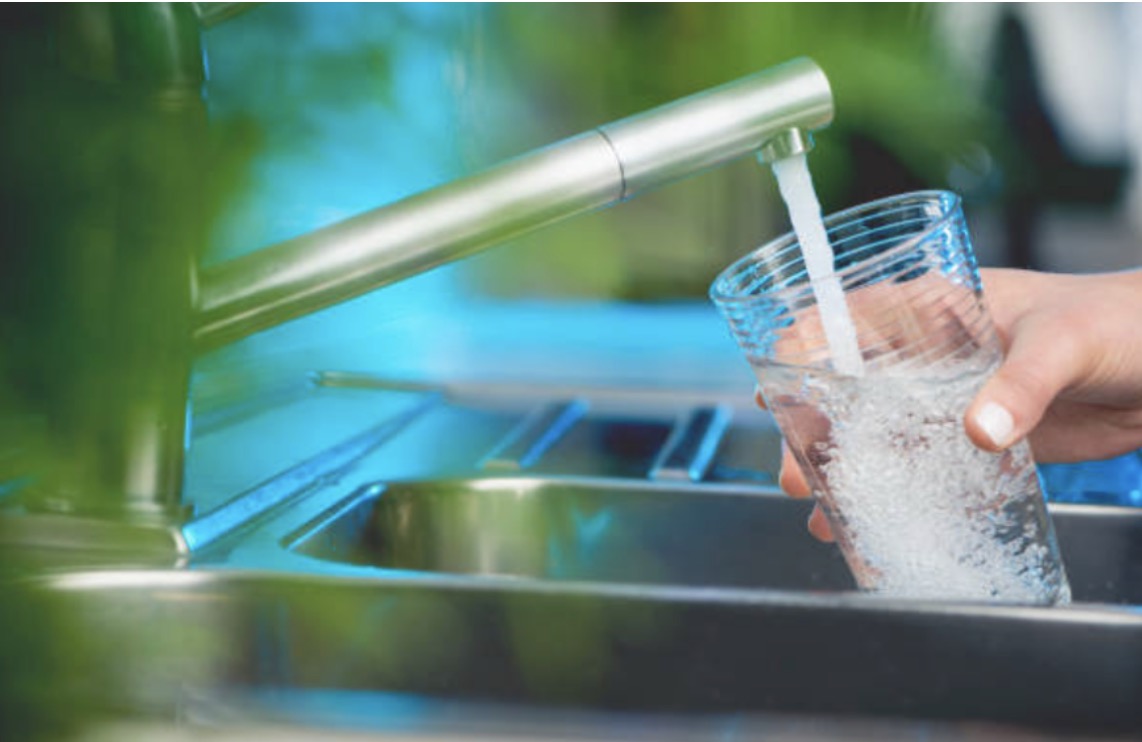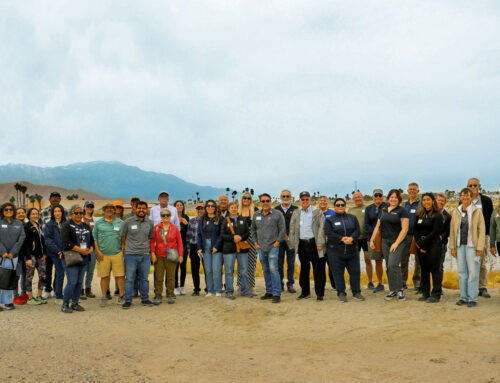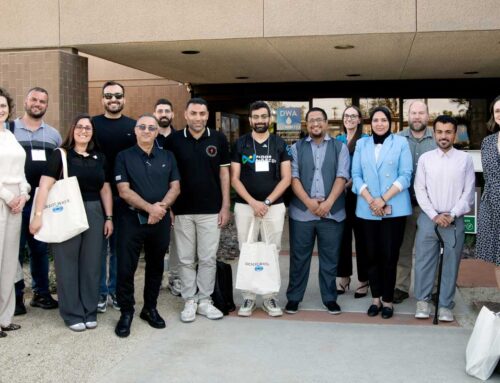The United Nations and the Environmental Protection Agency (EPA) declared August as National Water Quality Month in 2005. We observe National Water Quality Month to raise awareness about the importance of clean water and to encourage actions that protect our water resources.
Water quality affects every aspect of our lives, from the water we drink and the food we eat to the ecosystems that sustain us. Clean water is vital for human health, environmental health, and economic health. Without safe drinking water our communities would be at risk of illnesses, even death. Healthy water bodies support diverse ecosystems, including fish, plants, and wildlife. Pollution can disrupt these ecosystems, leading to the loss of biodiversity and the degradation of natural habitats. Without safe sources of water, industries, such as agriculture, manufacturing, and tourism, which rely on clean water would lead to economic losses affecting the livelihoods of local families.
Some of the common pollutants that threaten water quality include:
- Nutrients: Excess nitrogen and phosphorus from agricultural runoff and wastewater can lead to algal blooms, which deplete oxygen in the water and harm aquatic life.
- Pathogens: Bacteria, viruses, and parasites from sewage and animal waste can contaminate water, posing health risks to humans and animals.
- Toxic Chemicals: Industrial discharges, pesticides, and household chemicals can introduce toxic substances into water bodies, affecting both human health and ecosystems.
- Plastic Waste: Plastic pollution, including microplastics, is a growing concern. Plastics can persist in the environment for hundreds of years, harming marine life and entering the food chain.
Protecting water quality is a shared responsibility. Here are some steps you can take to make a difference:
- Reduce Chemical Use: Minimize the use of pesticides, fertilizers, and household chemicals. Opt for natural alternatives whenever possible.
- Proper Disposal: Dispose of hazardous waste, medications, and chemicals properly. Never flush them down the toilet or pour them into drains.
- Conserve Water: Use water efficiently in your home and garden. Fix leaks, install water-saving fixtures, and practice mindful water use.
- Educate Others: Share information about water quality and its importance with your community. Education is a powerful tool in driving collective action and fostering a culture of stewardship.
National Water Quality Month is an opportunity to reflect on the importance of clean water and to take action to protect this precious resource. By understanding the issues, making conscious choices, and advocating for sustainable practices, we can all contribute to preserving water quality for ourselves and future generations. This August let’s commit to safeguarding our water and ensuring a healthy community. To learn more about your local water quality, go to your local water agency’s website to view the 2023 water quality report. To find out who your water agency is, or to find their website, visit the CV Water Counts Water Map.






